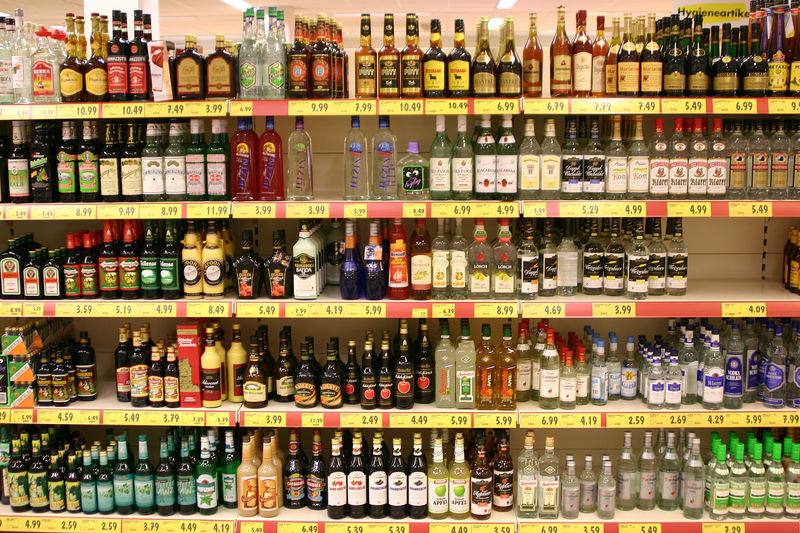
November’s midterm elections bring not only the Senatorial and Congressional nominations to the ballot in Washington, but also several citizen-sponsored initiatives.
These ballot initiatives are less well-known among University students, as they do not plaster signage up and down Union Avenue. One of the most controversial measures this November is the proposed “liquor law.” As of now, Washington state law says that liquor cannot be sold in grocery stores or large retail establishments like Costco. However, two different initiatives; 1100 and 1105, both propose different reforms to the law, which could be quite problematic if they both pass at the ballot box.
I-1100, which is being sponsored by corporations such as Costco and Safeway, would “allow retailers to negotiate with manufacturers and distributors for volume and other discounts; permits distilleries, wineries and breweries to give gifts larger than coasters and T-shirts to retailers; allows warehousing and buying on credit – all things currently prohibited.”
In contrast, the text of I-1105 says that it would “eliminate liquor taxes and call for new ones. Requires retailers to use distributors. Allows discounts on liquor, but not beer and wine.” More or less, I-1105 is not approved by small grocers, while they remain neutral on I-1100.
As of now, Washington State regulates the sale of liquor and grants licenses to businesses to sell it. These liquor stores do not buy directly from the distributor because the state is the “middleman.”
That is why liquor stores are the only place one can buy liquor in the state. If one (or both) of these initiatives passes, the state will be cut out from this scenario and stores like Safeway and Costco will be able to buy liquor directly from distributors and forego any state tax, therefore, selling liquor at lower prices to consumers. While this looks good from a consumer’s point of view, the liquor stores will possibly be forced out of business due to the competition created by the grocery and convenience stores. A similar situation occurred in California many decades ago and today, grocery stores dominate the sale of liquor.
The details and differences between I-1100 and I-1105 are difficult to understand, which presents a concern if both measures pass. If this happens, the Tacoma News Tribune reports that “differences can be resolved in the courts or by a two-thirds vote of the Washington State legislature, according to the Washington Secretary of State.”
In states without liquor in grocery stores, the passage of these initiatives may cause a stir, potentially creating a citizen effort to pass a similar initiative in their own state.
